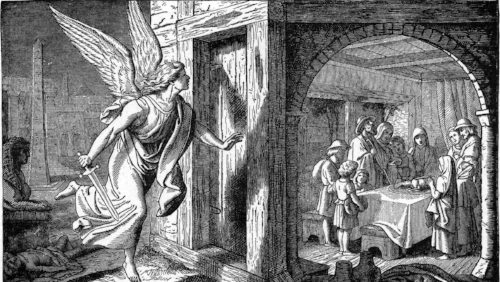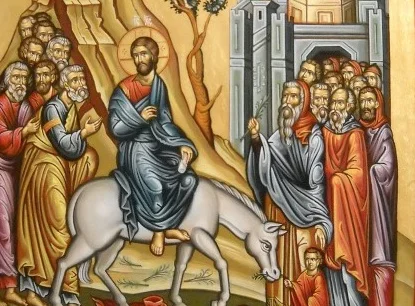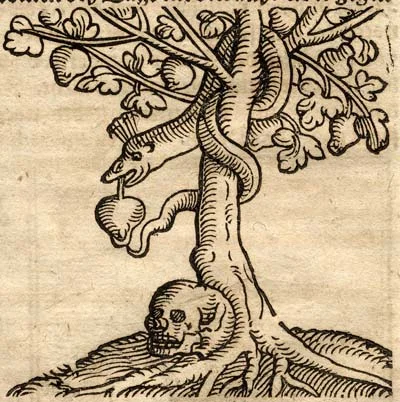We’ll keep this example of Christians using a passage out of context so often that it has become a time honored Bible bastardization that no one blinks an eyes at, brief. A Christian cliché at its finest and most painful.
Most of us have heard someone say, “… for we know where 2 or 3 are gathered in Your name …”
Which normally translates as:
“Only a handful of people showed up for Wednesday night prayer meeting, but we’re going to continue anyway, because where 2 or 3 are gathered …”
Or
“God, we know you can do this thing we are asking for, even though there are only a few of us asking, because where 2 or 3 are gathered …”
Or
Some other example of “we have a small number of people, but God, You’re beholden to do what we want because the Bible says so.”
Can we read the passage in context? Please? Just once. Here is what Matthew 18:15-20 actually says:
“If another member of the church sins against you, go and point out the fault when the two of you are alone. If the member listens to you, you have regained that one. But if you are not listened to, take one or two others along with you, so that every word may be confirmed by the evidence of two or three witnesses. If the member refuses to listen to them, tell it to the church; and if the offender refuses to listen even to the church, let such a one be to you as a Gentile and a tax collector.
Truly I tell you, whatever you bind on earth will be bound in heaven, and whatever you loose on earth will be loosed in heaven. Again, truly I tell you, if two of you agree on earth about anything you ask, it will be done for you by my Father in heaven. For where two or three are gathered in my name, I am there among them.”
The passage is dealing with Church discipline. The number of people specified harkens back to Deuteronomy 19:15’s injunction that it takes multiple people (witnesses) to bring charges against someone in the community.
Hence, as a wise friend with more theological letters behind his name than us once said, this passage is best summarized by saying, “where two or three are gathered in His Name, you suck.”
Besides the actually context of the passage, do you think God isn’t present when only 1 person is present in His Name? How’s your theology on that one?
Perhaps we can stop using pithy biblical statements and actually read the words.
Perhaps it’s time that we #BibleResponsibly.
But what do we know: we made this game and you probably think we’re going to Hell.



![O Come, O Come Emmanuel (Isaiah 7:14) [An Advent Card Talk]](https://images.squarespace-cdn.com/content/v1/55a9a1e3e4b069b20edab1b0/1483161046976-X5VJE3CMP9T957O72EII/3d-wallpapers-light-dark-wallpaper-35822.jpg)










